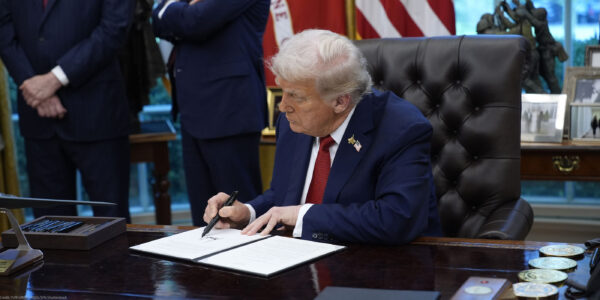ACLU Statement on Congress’ Latest Attempt to Ban TikTok and Restrict Free Speech Online
WASHINGTON — Over the weekend, the House of Representatives passed the 21st Century Peace through Strength Act, which includes extremely concerning provisions that would functionally ban the distribution of TikTok in the United States, grant the president broad new powers to ban other social media platforms based on their country of origin, and further erode our right to share and access information without government interference.
On Friday, the American Civil Liberties Union sent a letter to the House of Representatives discussing the constitutional concerns with these provisions and vowing to hold members accountable if they pass this legislation. The Senate is now set to vote on the bill sometime this week.
“This is still nothing more than an unconstitutional ban in disguise,” said Jenna Leventoff, senior policy counsel at the ACLU. “Banning a social media platform that hundreds of millions of Americans use to express themselves would have devastating consequences for all of our First Amendment rights, and will almost certainly be struck down in court. The Senate must strip these provisions from the bill.”
Another provision lawmakers are hoping to sneak through is the overbroad Protecting Americans’ Data from Foreign Adversaries Act, which purports to regulate data brokers and protect Americans sensitive information, but could also sweep in journalists, whistleblowers, and other entities that are involved in generally publishing or transferring personal information. For instance, the vague language could be used to restrict the release of photos and documents regarding the abuse of prisoners at Abu Ghraib by United States service members, the content of communications among officials discussing those programs, or a news report on a Cabinet member’s health or a general’s extra-marital affair.
“The data broker provisions would impact the work of journalists and trample on our First Amendment right to access information,” said Cody Venzke, senior policy counsel at the ACLU. “Safeguarding our personal information from malicious forces — whether foreign adversaries, private companies, or our own government — must go hand in hand with preserving our right to express ourselves and access information online.”



